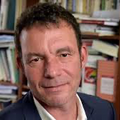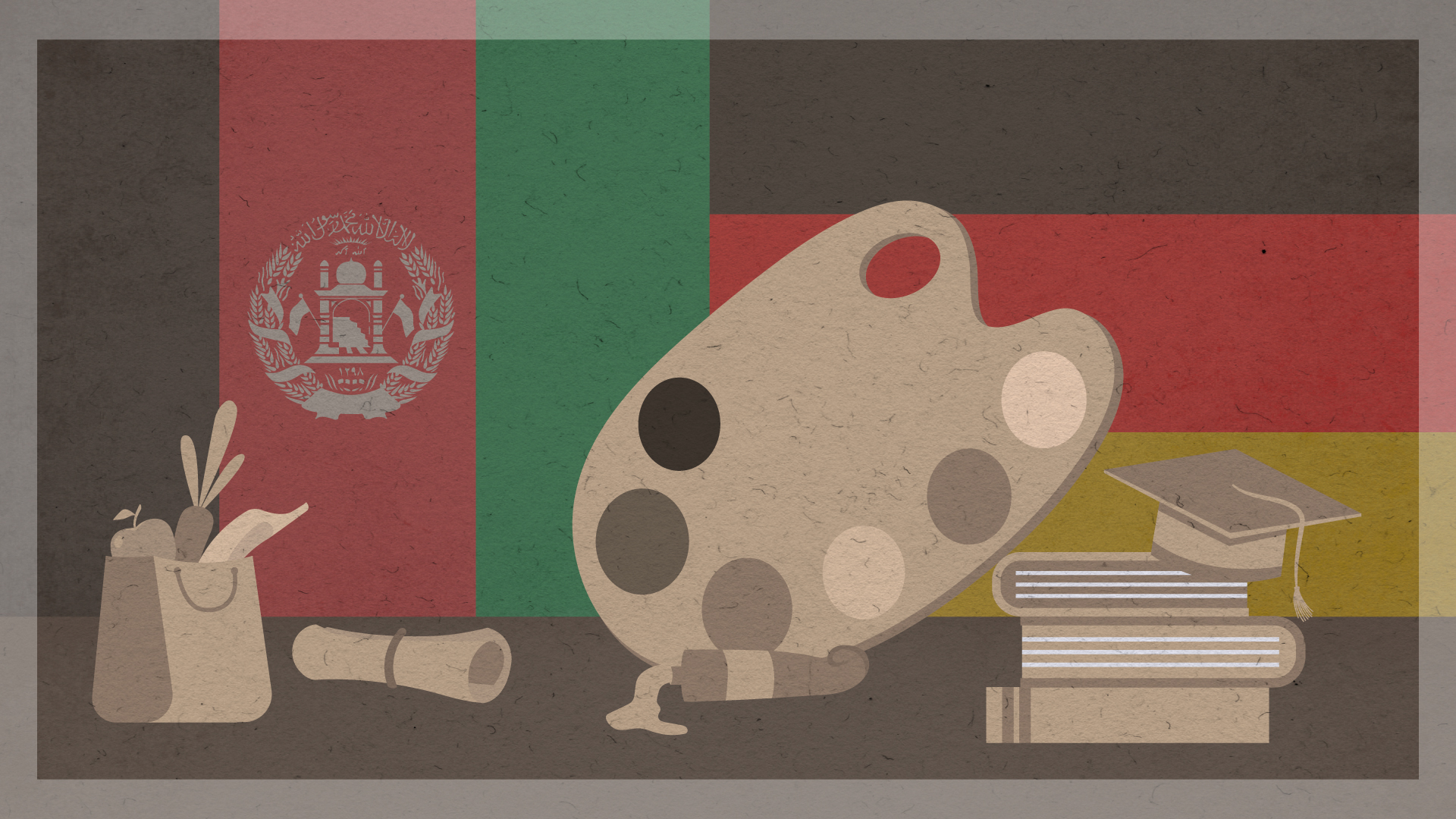ifa (Institut für Auslandsbeziehungen): Mr. El Difraoui, you explored the potential of the German cultural relations and education policy in preventing violent extremism for the ifa Research Programme "Culture and Foreign Policy". What are the strengths of the cultural relations and education policy for the prevention of extremism?
Asiem El Difraoui: The cultural relations and education policy certainly cannot replace security policy and development aid, but it can and must complement them! In certain countries, cultural and educational policy is the only means available to reach people at all. Culture and education can promote tenacity in the face of extremist ideologies through building social networks, fostering critical thinking, and building resilience. Resilient people and societies find support in personal and social resources, making them less susceptible to simplistic extremist ideologies that are often based on simple black-and-white explanatory models. In certain countries, such as Senegal, jobs can be created through promotion of cultural and creative industries.
In other regions, however, it is important to create cultural offers, for example, in places where no other entertainment options other than Salafist mosques are available. The German cultural relations and education policy has the advantage of not being associated with neocolonial superpowers like France in Mali.
It is estimated that there are more than 50 "official" groups worldwide and no continent is spared.






